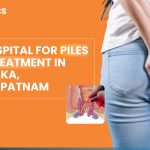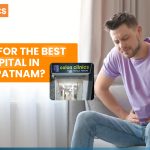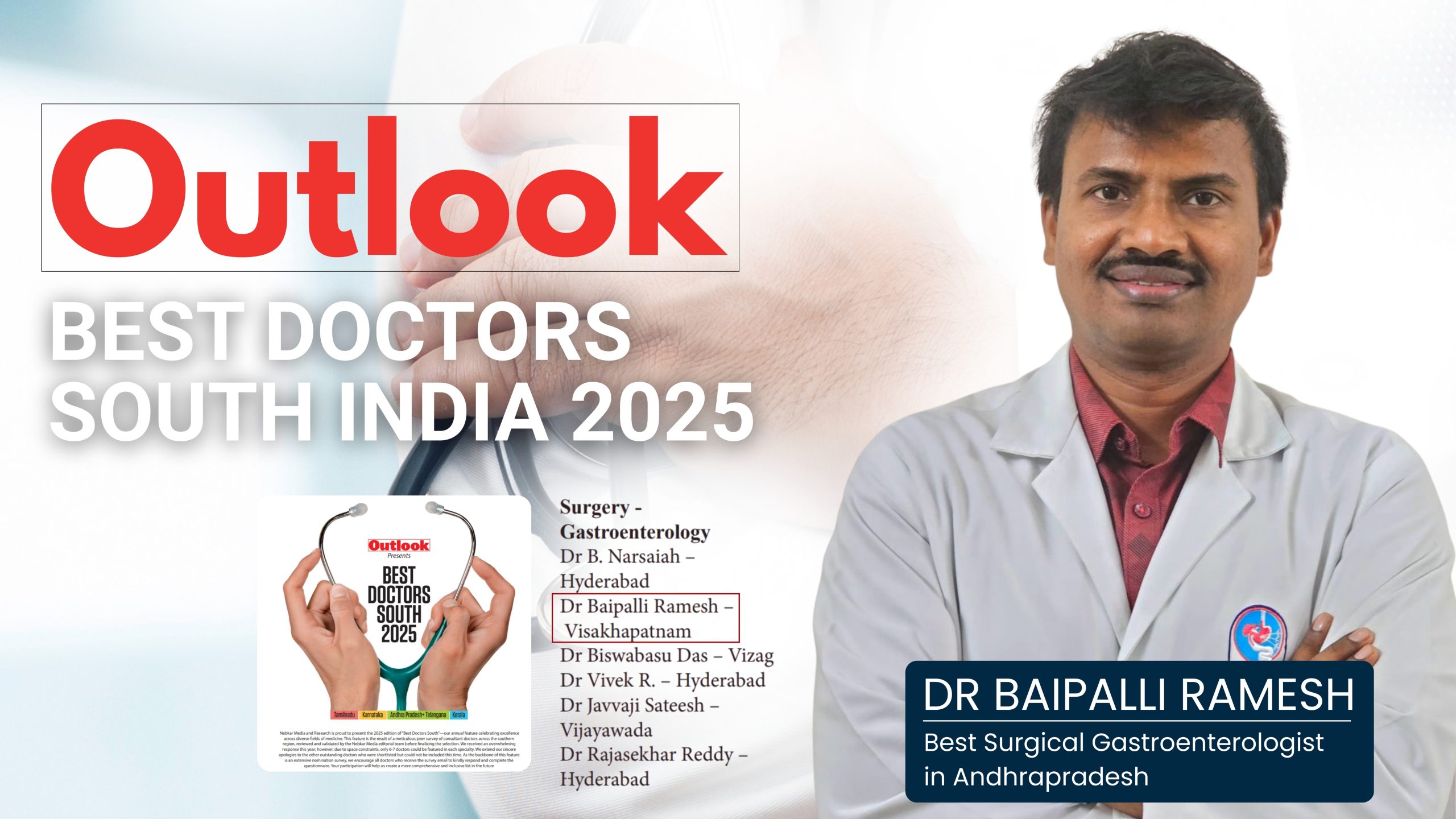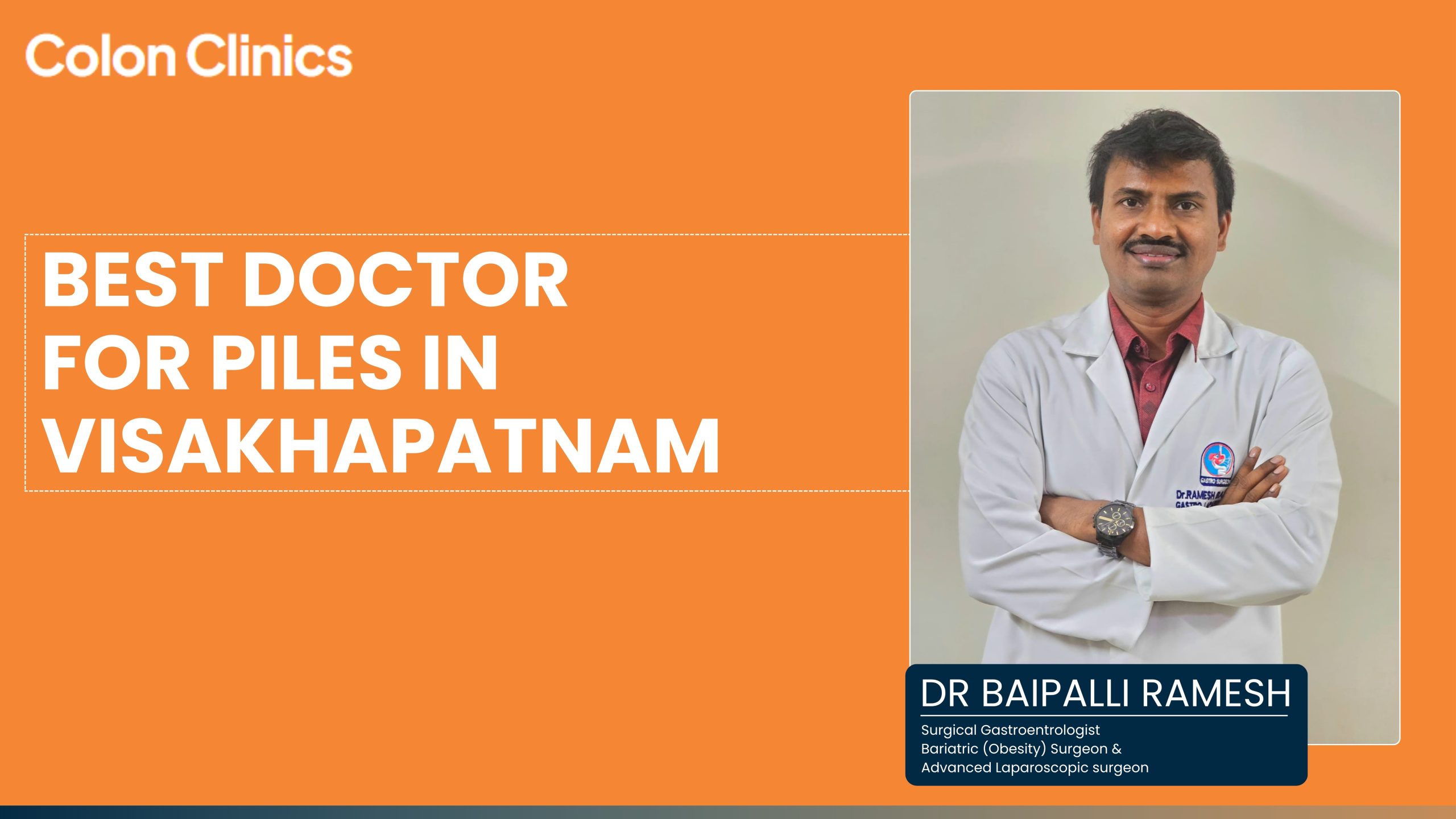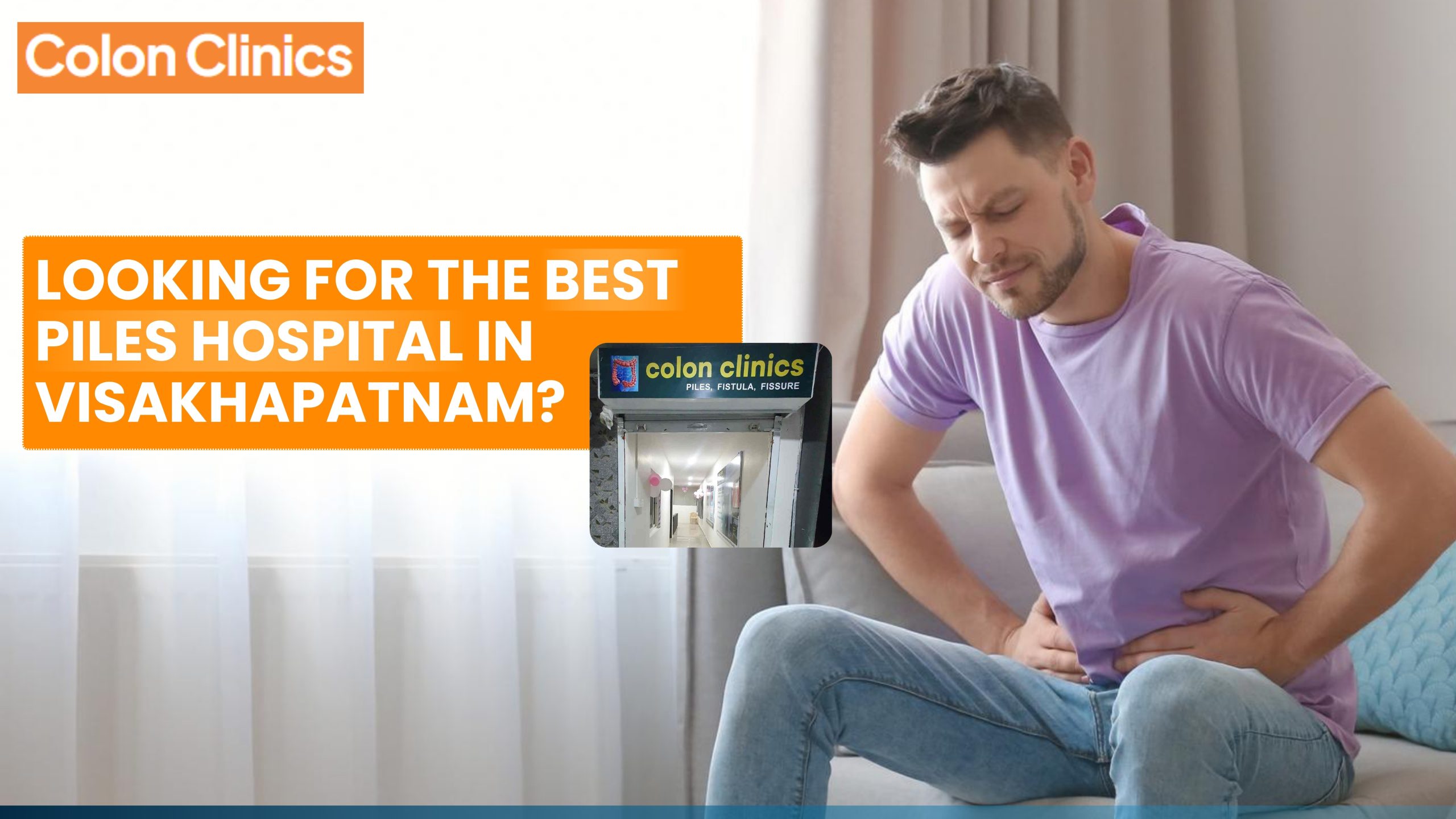Varicose veins, those enlarged and twisted veins commonly appearing on the legs, can be more than just a cosmetic concern. They often bring discomfort, pain, and swelling. Many patients undergo treatments such as sclerotherapy, laser therapy, or surgical procedures hoping for lasting relief. However, in some cases, varicose veins can reoccur even after successful treatment. Understanding why this happens is essential for effective management and prevention.
At Colon Clinics, led by Dr. Ramesh Baipalli, we specialize in advanced varicose vein treatment in Vizag. Our goal is to offer comprehensive care and empower patients with the knowledge to prevent recurrence.
Why Do Varicose Veins Return After Treatment?
Several factors contribute to the recurrence of varicose veins, even after seemingly successful interventions. Understanding these causes is essential for effective management.
1. Incomplete Treatment of the Source Vein: One of the leading causes of recurrence is incomplete treatment. Varicose veins are often caused by underlying issues in deeper veins, especially the great saphenous vein or small saphenous vein. If only the visible varicosities are removed or treated without addressing the underlying source, new varicose veins may form.
2. New Vein Weakness (Neovascularization): Even after successful treatment, new vein branches can form around the treated area, a process called neovascularization. These new veins may eventually develop valve failure similar to the original ones, leading to recurrence.
Though not entirely preventable, careful surgical techniques and using advanced procedures like endovenous laser therapy (EVLT) can reduce the risk.
3. Genetic Predisposition: Varicose veins often run in families. If you have a family history of vein disease, you’re more likely to develop new varicose veins, even after treatment. Genetic factors influence vein wall strength and valve function, making recurrence a possibility over time.
4. Progression of Venous Disease: Chronic venous insufficiency (CVI) is a progressive condition. Even after successful treatment, new areas of reflux may develop over time. As the disease progresses, the venous valves may continue to weaken, allowing blood to pool in previously unaffected veins.
5. Lifestyle and Occupational Factors: Prolonged standing or sitting, a sedentary lifestyle, lack of exercise, and being overweight contribute significantly to vein issues. After treatment, if patients resume the same habits without making lifestyle adjustments, recurrence becomes more likely.
6. Pregnancy and Hormonal Changes: Women are more prone to varicose veins due to hormonal influences during pregnancy, menstruation, and menopause. Pregnancy, in particular, increases blood volume and pressure on the pelvic and leg veins. Many women develop varicose veins during pregnancy, and even after treatment, subsequent pregnancies can cause new veins to form.
7. Obesity and Excess Weight: Being overweight increases the pressure on leg veins, contributing to vein dilation and valve failure. Post-treatment patients who do not manage their weight may find that new varicose veins appear even if initial treatments were effective.
8. Aging and Natural Degeneration: With aging, veins naturally lose elasticity, and the valves become weaker. Even if treatment was initially successful, age-related degeneration may cause new varicose veins to develop over time.
9. Inappropriate or Outdated Treatment Methods: Certain traditional methods like vein stripping or sclerotherapy alone may not offer long-term relief. Recurrent varicose veins often arise when older techniques are used without addressing the full venous system. Modern techniques like endovenous laser ablation (EVLA) and radiofrequency ablation (RFA) offer more comprehensive treatment and are less prone to recurrence when performed correctly.
Common Treatments and Their Recurrence Rates
Understanding the effectiveness and limitations of common vein treatments is essential to managing expectations.
- Endovenous Laser Treatment (EVLT) & Radiofrequency Ablation (RFA): These minimally invasive techniques have high initial success rates. However, recurrence can still occur due to untreated tributary veins or new refluxing segments. The long-term success rate is generally above 90%, but diligence in follow-up is crucial.
- Sclerotherapy: Foam sclerotherapy is effective for smaller veins and reticular networks. While it’s excellent for cosmetic correction, recurrence may occur if the deeper veins are not treated first.
- Surgical Stripping: Older and more invasive, surgical vein stripping is prone to neovascularization, with recurrence rates as high as 20–40% over time.
Signs That Varicose Veins Are Returning:
- New visible twisted veins
- Leg heaviness or aching
- Swelling in the ankles or feet
- Skin discoloration or ulcers
- Night cramps or itching around the veins
If you notice these symptoms after your initial treatment, consult a vein specialist immediately.
How Can You Prevent Recurrence?
1. Choose the Right Clinic and Specialist: Proper diagnosis and treatment planning are essential to successful long-term results. At Colon Clinics, we offer state-of-the-art varicose veins treatment, tailored to each patient’s condition. Dr. Ramesh Baipalli, a renowned specialist, ensures thorough evaluation and precise care.
2. Follow Post-Treatment Instructions Diligently: Aftercare is just as important as the treatment itself. Wearing compression stockings, avoiding prolonged sitting or standing, elevating your legs, and staying active can prevent pressure buildup in your veins.
3. Maintain a Healthy Lifestyle: Regular exercise, a balanced diet, and weight management help keep your veins healthy. Activities such as walking, swimming, and yoga promote better circulation and strengthen leg muscles, aiding venous return.
4. Routine Follow-Ups and Screenings: Even after successful treatment, regular follow-ups can help detect early signs of recurrence. Doppler ultrasound and other imaging tools allow specialists to monitor the condition of your veins and intervene early if needed.
Why Choose Colon Clinics for Varicose Veins Treatment in Vizag?
At Colon Clinics, we combine cutting-edge technology, comprehensive diagnostics, and a patient-centric approach to deliver the most effective varicose veins treatment in Vizag. Under the experienced guidance of Dr. Ramesh Baipalli, our treatments are designed not only to remove existing varicose veins but also to prevent future recurrences.
What Sets Us Apart:
- In-depth vascular assessments using duplex ultrasound
- Wide range of treatment options tailored to each patient
- Minimally invasive, walk-in-walk-out procedures
- Personalized recovery and prevention plans
Final Thoughts:
Varicose veins can reoccur for a variety of reasons, from incomplete treatment and genetic predisposition to aging and lifestyle factors. However, by choosing the right clinic, following post-care instructions, making lifestyle changes, and having regular follow-ups, the chances of recurrence can be minimized.
At Colon Clinics, we combine cutting-edge technology with expert care to offer the most effective varicose veins treatment in Vizag. Under the expertise of Dr. Ramesh Baipalli, we aim to provide lasting relief and improved vascular health for every patient.
If you or a loved one is experiencing a recurrence of varicose veins or related symptoms, don’t wait. Schedule a consultation with Colon Clinics today and take the first step toward healthier veins.
For more details, visit Colon Clinics or call +91 7075559951 to schedule an appointment.
